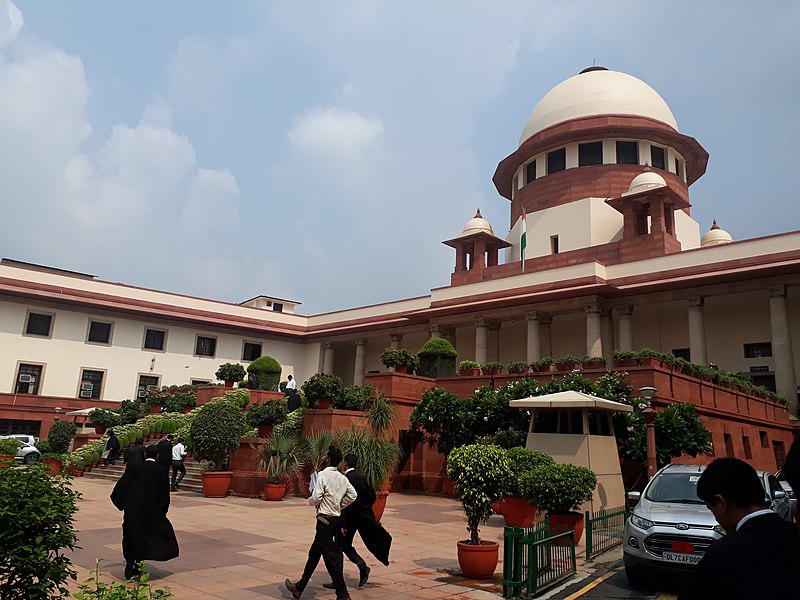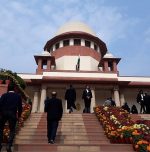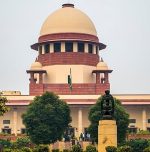Modi champions judicial reforms at Supreme Court’s Diamond Jubilee

At the Supreme Court’s Diamond Jubilee, Prime Minister Narendra Modi emphasized the crucial role of an efficient legal system in India’s future.
Stressing “ease of justice” as a fundamental right, he urged the Supreme Court to facilitate a smooth transition to new legal frameworks.
Modi highlighted the government’s efforts to replace outdated laws with new legislation, including the Bhartiya Nagrik Suraksha Samhita, Bhartiya Nyaya Samhita, and Bhartiya Sakshya Adhiniyam.
These laws, awaiting notification, will supersede the Indian Penal Code, Criminal Procedure Code, and the Indian Evidence Act.
The PM remarked that these changes signal a new era in India’s legal, policing, and investigative spheres.
The Prime Minister pointed out the commencement of training programs for government officials, ensuring a seamless transition to the new laws. He requested the Supreme Court’s active involvement in capacity-building for all stakeholders.
Modi also acknowledged the judiciary’s role in upholding democratic values and freedom of speech through landmark judgments.
Furthermore, Modi underscored the importance of aligning Indian laws with modern practices and Indian ethos.
He emphasized the nation’s commitment to ease of living, doing business, and access to justice.
The PM noted the Supreme Court’s responsibility to make justice accessible across India, aligning with the vision of the Constitution’s framers.
In terms of legal reforms, Modi cited the Jan Vishwas Bill, aimed at decriminalizing certain provisions in various central acts.
This move is expected to reduce the number of pending cases and relieve pressure on the judiciary.
He also mentioned the introduction of alternative dispute-resolution methods to ease the judiciary’s burden.
The inauguration saw the launch of three technological initiatives by Modi – Digital Supreme Court Reports, Digital Courts 2.0, and a revamped bilingual Supreme Court website.
These initiatives aim to digitalize and make court judgments and records more accessible.
Lastly, Modi spoke about the government’s commitment to improving judicial infrastructure. It includes the e-Courts mission project and the allocation of ₹800 crores for expanding the Supreme Court complex.
He concluded by recognizing the Supreme Court’s future role and celebrating the posthumous conferral of the Padma Bhushan to M Fathima Beevi, the court’s first woman judge.
Image Credit: Pinakpani, CC BY-SA 4.0, via Wikimedia Commons
Image Reference: https://commons.wikimedia.org/wiki/File:Supreme_Court_of_India,_inside_bulidings_01.jpg










Leave a Reply